15 Signs It's Time to Reach Out to a Mental Health Counselor
Life can be overwhelming at times, but how do you know when your emotional struggles signal that it’s time to seek help? Mental health counseling services provide a valuable resource for those dealing with issues that affect their emotional and psychological well-being.
Recognizing the signs early empowers you to regain control over your mental health before things escalate. In this article, the experts at
Evolve: A Behavioral Health Center reveal 15 key indicators that it might be time to reach out to a mental health counselor.
How Do You Know When to Get Mental Health Counseling Services?
- Persistent Feelings of Sadness or Hopelessness
- Self-Harm or Suicidal Thoughts
- Struggling to Cope with Past Trauma
- Ongoing Relationship Conflicts
- Difficulty Managing Substance Use
- Your Mood is Affecting Your Job or Daily Life
- Overwhelming Anxiety or Panic Attacks
- Difficulty Sleeping or Changes in Sleep Patterns
- Losing Interest in Activities You Once Enjoyed
- Frequent and Extreme Mood Swings
- Significant Changes in Appetite or Weight
- Difficulty Controlling Anger
- Feeling Disconnected or “Not Like Yourself”
- Constant Stress or Feeling Overwhelmed
- Unresolved Grief or Loss
Persistent Feelings of Sadness or Hopelessness
Occasional feelings of sadness are part of life, but when these feelings linger for weeks or even months, it could point to a deeper issue, such as depression. A prolonged sense of hopelessness can affect your ability to function and enjoy life. Seek
mental health therapy services to address these emotions and guide you toward recovery.
Self-Harm or Suicidal Thoughts
Any thoughts of harming yourself or suicidal ideation should never be ignored. This is a serious sign that immediate help is necessary. Mental health counselors are trained to provide support and life-saving interventions during these critical moments.
If you or someone you know is experiencing suicidal thoughts or a desire to self-harm, please call or text
988 to connect with the 24-hour Suicide & Crisis Lifeline.
You are not alone.
Struggling to Cope with Past Trauma
Experiencing trauma, whether recent or in the past, can have lasting effects on your mental health. If you notice that memories of a traumatic event are interfering with your daily life, a mental health counselor can provide trauma-informed therapy to help you process these events and begin to heal.
Ongoing Relationship Conflicts
Whether it’s with a partner, friend, or family member, relationships can sometimes be a source of stress. If relationship issues are causing emotional distress, counseling helps resolve conflicts, improve communication, and rebuild connections.
Couples counseling offers valuable guidance to help strengthen your relationships.
Difficulty Managing Substance Use
Turning to alcohol or drugs to cope with emotional pain can quickly lead to a substance use disorder. If you find yourself relying on substances to manage your feelings, it’s time to seek help.
Addiction counseling empowers individuals to address substance use issues and develop healthier coping strategies.
Your Mood is Affecting Your Job or Daily Life
When your mood begins to negatively impact your ability to perform at work or enjoy your daily life, it’s a strong indication that you could benefit from
mental health therapy services. Whether it’s irritability, emotional outbursts, or withdrawal, a counselor enables you to identify the root cause and works with you to restore balance.
Overwhelming Anxiety or Panic Attacks
Anxiety is a natural response to stress, but when it becomes overwhelming or leads to frequent panic attacks, it can be debilitating. A counselor will teach you coping strategies to manage anxiety and improve your quality of life. For instance, therapy services like Cognitive Behavioral Therapy (CBT) are highly effective in treating anxiety.

Difficulty Sleeping or Changes in Sleep Patterns
Insomnia, frequent waking during the night, or oversleeping can all be signs of mental health issues, such as anxiety or depression. If your sleep patterns have changed significantly, counseling enables you to uncover underlying issues and establish healthy sleep habits.
Losing Interest in Activities You Once Enjoyed
If you no longer find joy in hobbies or activities that used to bring you pleasure, this could be a sign of depression or burnout. A mental health counselor will help reignite your passions and guide you toward a more fulfilling life through personalized solutions.
Frequent and Extreme Mood Swings
Extreme shifts in mood, such as feeling elated one moment and angry or sad the next, can be a symptom of mental health conditions like bipolar disorder. If your mood swings are interfering with your life or relationships, seeking help will provide the support and strategies needed to stabilize your emotions.
Significant Changes in Appetite or Weight
Sudden and drastic changes in appetite — whether overeating or losing interest in food — can signal emotional distress. If you notice a significant change in your eating habits or weight, it’s important to consult a mental health counselor who helps you identify the underlying emotional triggers and develop a plan for better health.
Difficulty Controlling Anger
Feeling anger is natural, but if you find it hard to control your temper or your anger feels disproportionate to the situation, it may be time to seek help. Therapy provides tools and techniques to manage anger effectively and restore emotional balance.

Feeling Disconnected or “Not Like Yourself”
If you feel detached from your surroundings or like you’re not quite yourself, it could be a sign of mental health concerns such as depression, anxiety, or dissociation. Personalized mental health counseling services can help you regain a sense of identity and connection to yourself and the world around you.
Constant Stress or Feeling Overwhelmed
Chronic stress is one of the most common issues that affect mental health. If you constantly feel overwhelmed or like you’re drowning in responsibilities, counseling teaches you techniques for managing stress and preventing burnout.
Unresolved Grief or Loss
Grief is a natural response to losing a loved one, but when grief feels unmanageable or lasts much longer than expected, it may be time to seek help. Grief counseling guides you through the healing process and helps you find peace after a loss.
This is a Sign to Invest in Mental Health Therapy Services
One “obvious once you think about it” sign that it’s time to seek support is the fact that you’ve searched for this content (or found it and decided to read this far). That may be your subconscious signaling to you that you’re overdue for a mental wellness checkup.
Just as doctors appointments are an investment in your physical wellness, mental health counseling services are an investment in your psychological well-being. Remember: our minds are just as much a part of our bodies as our hearts, lungs, and stomachs — and they deserve no less attention!
If any of these 15 (or 16) signs resonate with you, it may be time to reach out to a mental health counselor. Don’t wait for things to worsen. For help finding the support and tools you need to improve your emotional well-being and regain control of your life,
contact Evolve right away.




